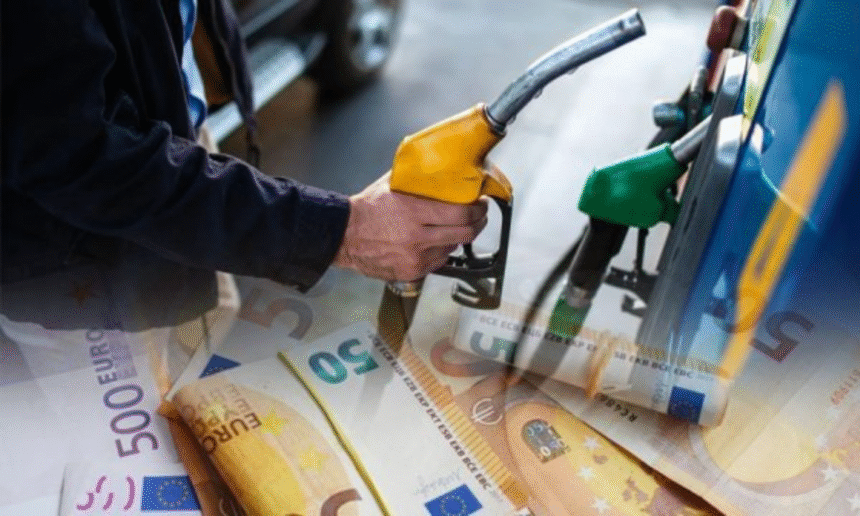Serbia is confronting an oil crisis as the Pančevo refinery, part of the Serbian Oil Industry (NIS), has enough crude oil for only about ten more days, according to officials.
The US sanctions on NIS, imposed due to its majority Russian ownership, have halted crude oil imports to Serbia.
With state intervention or through government oil reserves, the Pančevo refinery can operate only until 25 November. Beyond this date, any reduction in capacity or shutdown would first impact refinery workers.
Bozho Dostiq, head of the Pančevo Refinery Workers’ Union, told Radio Free Europe:
“So far, we have managed to ensure that the sanctions do not threaten the existential security of workers, but it is crucial that a clear and sustainable solution is found as soon as possible.”
Dostiq emphasized that around 13,500 people work directly at NIS, with another 20,000 family members indirectly dependent on the company.
Importance of the Pančevo Refinery
Most petroleum products supplied to Serbian fuel stations come from the Pančevo refinery, with imports covering only a small portion of demand.
President Aleksandar Vučić confirmed that over 80,000 tons of crude oil have already been released from state reserves to keep the refinery operational.
Vučić warned on 23 October:
“We could let the refinery stop for 15–20 days, but after that, restarting it would take a month. This would affect growth, GDP, salaries, and pensions… People need to know this.”
Serbia produces only one-fifth of its domestic oil demand, with the remainder imported, according to the Serbian Energy Agency.
Industry Perspective
NIS and the Ministry of Mining and Energy did not comment on potential scenarios after 25 November.
The Serbian Oil Companies Association (UNKS) confirmed that oil product imports have risen significantly since 10 January, when the US sanctioned NIS.
Tomislav Miqović, UNKS Secretary-General, explained:
“Imports have increased gradually, but logistical obstacles may soon pose a bigger challenge than the willingness and capacity of companies to import.”
Serbia’s landlocked geography complicates transport, relying on Danube shipping, railways, and road transport, which can all face difficulties.
Potential Impact on Consumers and Economy
Economist Millan Kovačević warned that a Pančevo shutdown would force Serbia to import refined petroleum products, which are inevitably more expensive.
“Both citizens and the economy would bear the cost – lower living standards for people and operational challenges for businesses, slowing economic activity and negatively affecting GDP,” Kovačević said.
He also highlighted that Russian company Lukoil, under sanctions, controls about 7% of Serbia’s retail fuel market, further complicating the situation.
Status of Sanctions and Negotiations
Negotiations over NIS’s future continue between Russia, the majority owner, and the US, which imposed sanctions to limit funding for Moscow’s war in Ukraine.
While Serbia previously ruled out nationalizing NIS, President Vučić stated on 23 October:
“The day we face supply problems, the state will take matters into its own hands and solve them immediately. I have communicated this to everyone: Russians and Americans alike.”
Serbia’s Minister of Mining and Energy, Dubravka Gjedović Handanović, noted that Russia is willing to transfer control of NIS to a third party, which has Beograd’s support. Meanwhile, NIS’s request to be removed from the US sanctions list remains pending.






